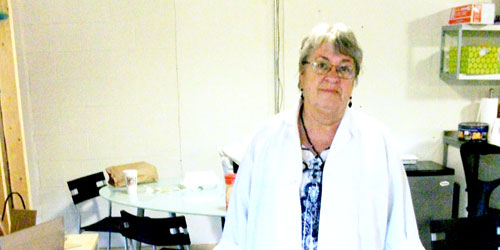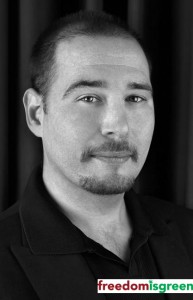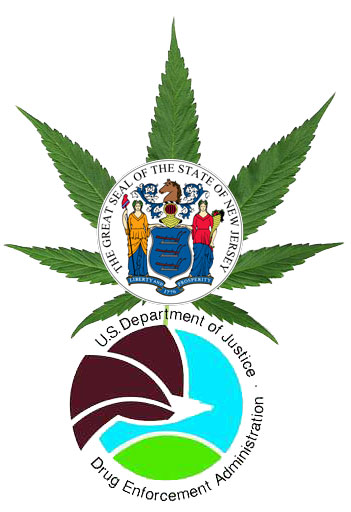On Tuesday May 10, 2011 the first committee hearing will be held in Maine for LD 1453, legislation that takes a comprehensive approach to legalizing cannabis. Rep. Diane Russell is sponsoring the bill that would tax and regulate recreational marijuana, expand provisions for medical care givers along with lifting all restrictions on industrial hemp farming. Local awareness for the measure is steadily growing and media attention has been strong. An online petition has seen hundreds of Maine residents voice their active support.
One particularly effective speaker who is planning to testify in favor of the bill is Jack Cole, the founder of Law Enforcement Against Prohibition (LEAP). He is a former undercover narcotics agent who now speaks about ending prohibition, especially for marijuana.
Cole sent this message to Rep. Russell today “I bear witness to the abject failure of the U.S. war on drugs and to the horrors produced by its unintended consequences.I really appreciate your courageous stand in introducing this bill. It will help countless people. I am honored to be asked to testify.”
Maine already has a medical marijuana law and the state also decriminalized adult cannabis possession. Rep. Russell says there ha been more curiosity about the concept than opposition, “EVERYONE is talking about it in the state house.”
LD 1453 will be heard by the Criminal Justice Committee at 1:00PM on May 10th.
Support the effort in Maine with this online petition: http://signon.org/sign/support-mj-legalization
Full text of the new bill here: http://www.mainelegislature.org/legis/bills/bills_125th/billtexts/HP106701.asp










 Jahan Marcu is currently investigating the pharmacology of cannabinoid receptors. He was working at the California Pacific Medical Center Research Institute when exciting discoveries were made showing enhanced anti-cancer effects with THC and CBD from the Cannabis plant. The findings were published in the Journal of Molecular Cancer Therapeutics. In 2009 he received the Billy Martin Award from the International Cannabinoid Research Society (ICRS). Jahan is currently the vice-chair the Medical and Scientific Advisory Board at Americans for Safe Access (ASA). Questions? Contact
Jahan Marcu is currently investigating the pharmacology of cannabinoid receptors. He was working at the California Pacific Medical Center Research Institute when exciting discoveries were made showing enhanced anti-cancer effects with THC and CBD from the Cannabis plant. The findings were published in the Journal of Molecular Cancer Therapeutics. In 2009 he received the Billy Martin Award from the International Cannabinoid Research Society (ICRS). Jahan is currently the vice-chair the Medical and Scientific Advisory Board at Americans for Safe Access (ASA). Questions? Contact